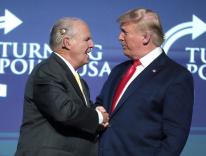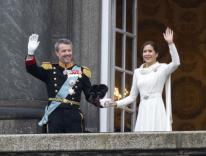In many, perhaps most, respects, the last two movies I've seen could not be more different. Over Christmas, I saw Of Gods and Men, the story of the French Trappist monks abducted from the Tibhirine monastery in Algeria in the mid 1990's--they were later beheaded. Over the weekend, I saw Tinker, Tailor, Soldier, Spy- the new movie set in the height of the Cold War about a Russian mole at the top of the English espionage organization. It was based on the John Le Carre novel by the same name.What struck me about both films was the lack of importance of social, political, and historical context to understanding the film. Yes, Of Gods and Men deals with the religious tensions of Algeria--but the reason why the monks were there, and their relationship with the village, and even the political machinations in which they became trapped was never really fully explained. You don't come out of this movie with a better understanding of Christianity in Algeria, or the various Muslim factions vying for power. The movie is about the life inside the monastery--you could have set the same thing in Mexico (with contending drug gangs) or anywhere else. The political battle creating the problem really didn't matter to the unfolding of the movie. The themes are courage, fidelity, and loyalty --in the face of great danger. The source of the danger is really of secondary importance.The same thing holds true, I think, of Tinker, Tailor. It's impossible to read LeCarre's novel and not get a textured sense of the political and historical context--the very particular battle between two different ways of organizing political and social life that was going on between the West and the Soviets. But you can watch the movie without knowing any more than that the Russians are the bad guys and the English are the good guys. Furthermore, any other bad guys and good guys would do. Because the heart of the film is the relationship among the English spies themselves--what counts as loyalty, what counts as betrayal, what counts as fidelity to your job even in situations of danger and disgrace. You could change the clothes, change the villain, and set the movie in the contemporary time, no problem.Loyalty to one's commitments is a big theme in both movies. I wonder if we're seeing a trend. The contemporary world, and its political currents are so baffling, our bonds of community are so tenuous, we are trying to figure out what integrity and loyalty means--by examining cases that superficially seem very distant, but in fact can be detached from their setting and mapped into the contemporary world quite easily.
Please email comments to [email protected] and join the conversation on our Facebook page.
Previous Story
Class Warrior
Next Story
There Is No Evangelical Vote. And It's Important.


